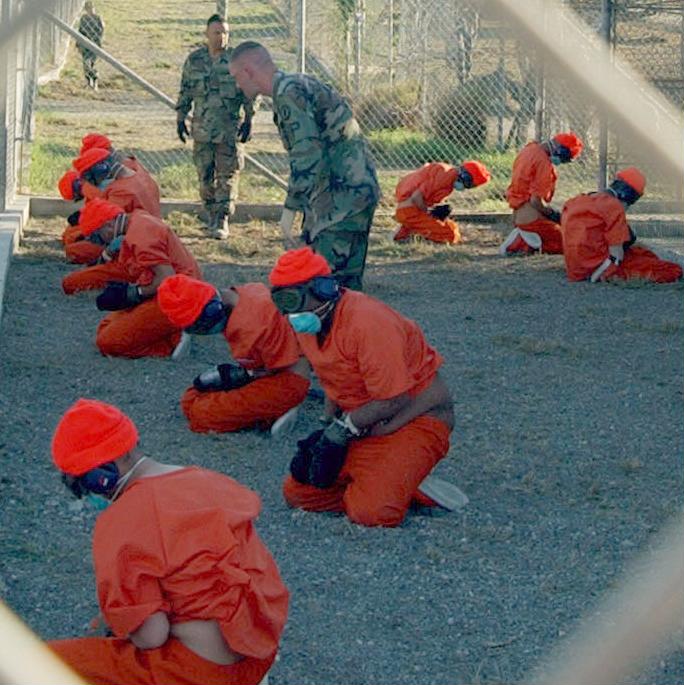Every tyrannical government in history has ended in a whimper. This includes the first French revolution that ended with Robespierre getting his head chopped off. The violence of this act doesn't alter the fact that people were fed up to the point of being apathetic. Exasperated with the constant stream of edicts emanating from Robespierre's office, his guards finally had enough. Instead of following orders, they pulled him out of his chair and into the guillotine. The guards knew full well that the people at large were as exasperated as they were. There was little real danger in staging their coup.
This same sort of thing happened to Nicolae Ceaușescu and his wife in Romania in 1989. They were taken out behind the shed and shot as if they were little more than two sick dogs. However, the end of tyranny is not always accompanied by violence. Soviet Union collapsed without any politicians being executed, and China has made a seamless transition from Maoism to Crony Capitalism. But exasperation was no less of a factor in these cases. People were fed up, and from that fact alone came changes for the better.
The underlying reason for this is that tyranny invariably adds complexity to our lives, and complexity has but one solution, namely a complete disregard for the complexity itself. While tyranny may be exiting to start with due to the tyrants ability to create excitement and commotion, it's tiring in the long run. The complexity of the rules and regulations emanating from the tyrant's office comes in addition to our day to day struggles. They bog us down. They come at a tremendous cost, both economic and mental.
This has all been on full display this year, with much excitement surrounding the flu this spring. There was a sense of urgency and danger. But this excitement has since given way to anger and frustration. We are currently at the stage where some people side with the tyrant, insisting that we must all comply, and others side with liberty, insisting that we must resist. We are caught up in politics, with both sides convinced that the solution is to be found through petitions and demonstrations. However, this is not where it will end. The end comes when people stop caring about politics.
The end to tyranny comes when people no longer care about the rules being issued. This is not the same as defiance, which requires a knowledge and a passion about the rules. It's more like apathy. It involves a vague understanding of the general rules, but no detailed knowledge. Central to this is a desire to make life simple. We long for simplicity and harmony in our lives, and tyranny is incompatible with this, so we ignore it.
The danger in this for the politicians is that the backlash will be severe. Once people realize that they can live their lives freer and more harmonious by disobeying tyrannical rules, they soon discover that they can disobey other rules as well. People will seek to escape the grip of the state altogether. Imagine the great relief it would be to avoid it. I've escaped, and I can assure my readers that it has been a great enhancement to my quality of life. I fill in no forms, I pay no taxes, I have hardly any bills to pay, and I pay very little attention to what the rules are. I live by the golden rule, and that's all I've ever needed.
My hope is that this latest overreach by government will prompt more people to do as I've done, and I'm optimistic about this. Everywhere I look, I see exasperation taking hold. This has not yet translated into the sort of constructive apathy that marks the end of tyranny, but it's on its way. We will soon see people ignore rules completely, to the point where people simply don't know what the rules are, and then we'll see people move farther towards liberty, not necessarily because they love liberty in itself, but because they realize that liberty is the system with the least amount of complexity associated with it. Overburdened by complexity, people will move towards liberty.
 |
| Execution of Robespierre |
By Unknown author - This image comes from Gallica Digital Library and is available under the digital ID btv1b6950750j, Public Domain, Link














